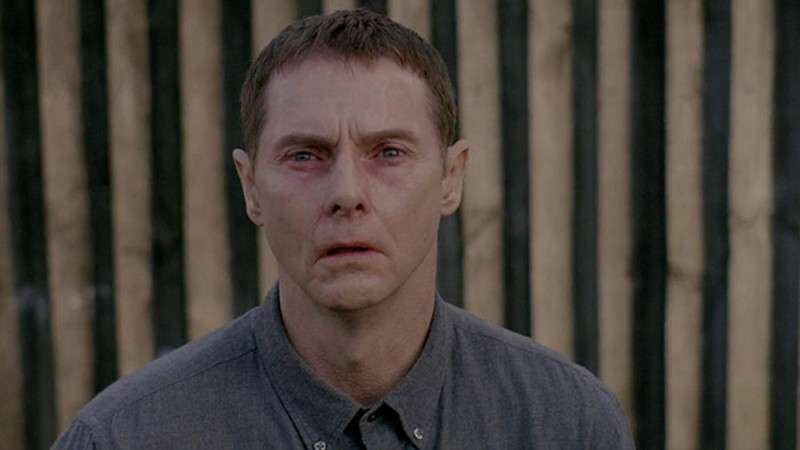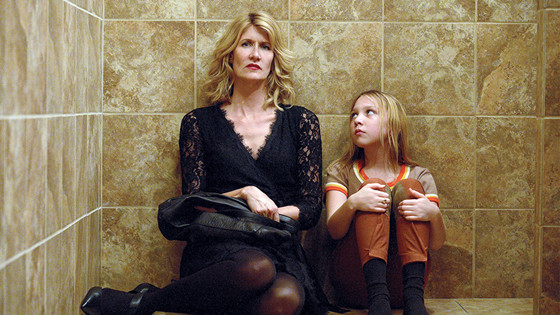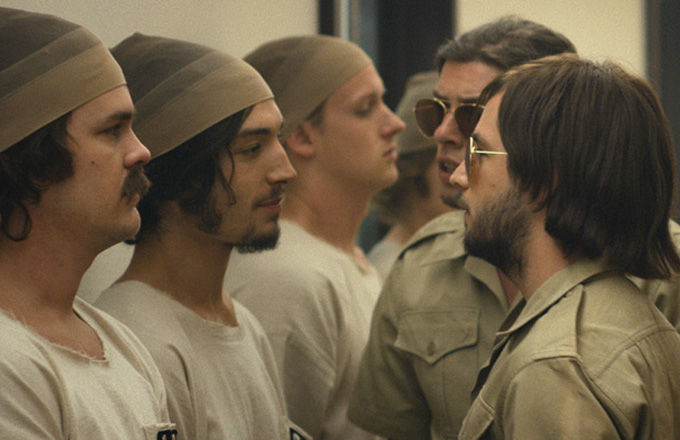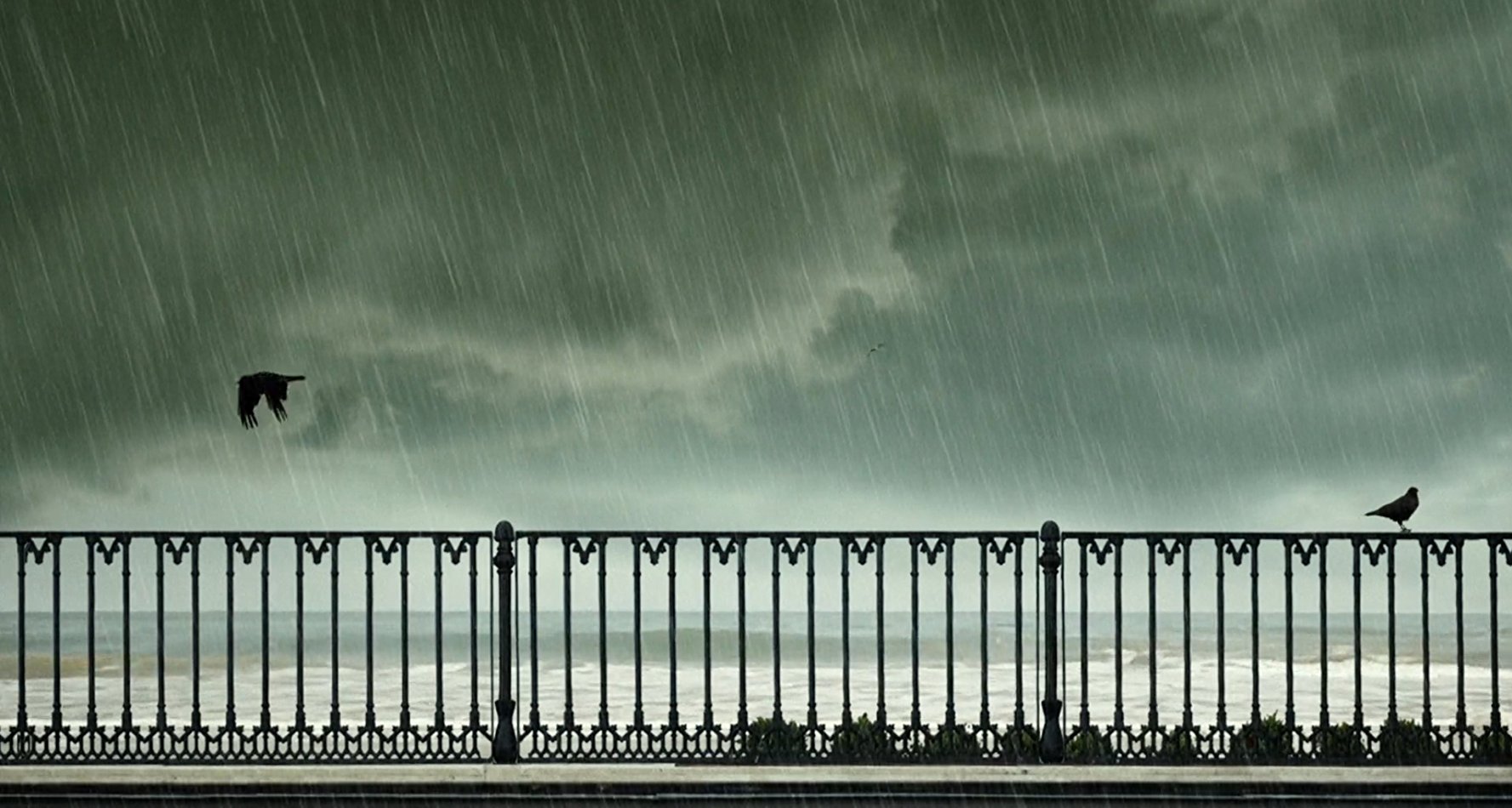
The mainstream circus has entranced us. It is an alarming thing that so many great films have passed under the radar only because they lacked strength in their marketing department.
Some of them offer a profound experience, some mix satire with social commentary, and some just give us entertainment. Irrespective of the genre, they are great films that shouldn’t be overlooked by cinema buffs. Here are 10 under-the-radar films from the last five years.
1. Support the Girls (2018)

Andrew Bujalski has made a name for himself as an auteur of mumble-core. In 2018, he made the comedy-drama “Support the Girls,” which attaches a microscopic lens into the social dynamics of the United States under the guise of a satire.
The film chronicles the journey of Lisa, who is the manager in the ‘breastaurant’ Double Whammies and serious about protecting her employees from abusive and unfortunate events. She cares about her acquaintances, but their lifestyle decisions are not in her favor, which makes her life unfortunate.
Double Whammies features employees from all strata of society and they all witnessed racism, sexism, and misogyny in the workplace. Lisa knows that the workplace is suffocating her, but again she knows that this place is incomplete and unsafe without her being there for the other people.
The production design is impeccable, the script is crisp, and the ensemble cast is the best. However, Regina Hall shines the most as Lisa, who is trapped in the corporate machine; it is one of her best performances to date. Audiences would love to support the girls, as Bujalski anticipated beforehand. To all the girls in the “Double Whammies” and in life – it is going to be okay.
2. Possum (2018)

“Can you spy him deep within? / Little possum, black as sin.” Some secrets are difficult to unearth; they comfortably sit in the dark inner room of the soul, and morally and physically corrupt the mind.
Matthew Holness’s bleak existential horror “Possum” becomes even more bleak as the protagonist Philip tries to unburden himself with the existential threat he is carrying in the form of a grisly puppet.
Philip is a disgraced puppeteer who returns to his hometown in the middle of a woodsy jungle, carrying a bag that contains an ugly-looking puppet, which he tries to clear off soon. But the puppet has a life of its own: it always escapes from the place where it is disposed of and quickly sits again in the bag.
At the same time, Phillip is an awkward man who is uncomfortable communicating with teenagers, who were an important feature of his role as a puppeteer, and news footage shows the incident of a missing child. In the home, he meets his uncle, his only remaining blood relation, who once taught him puppetry; he is, in the same way, frightened and intimidated by him.
Holness shot the movie in film camera; the grain from the film camera gives the film a necessary otherworldly feeling. As fast Philip tries to dispose of the bag containing the puppet, the faster it comes back. If it is a clever allegory of pain, grief or anxiety or not, that is for the viewers to decide.
Alun Armstrong as Uncle Maurice and Sean Harris as Philip both have a strong presence in the film, and a surprising twist will further reveal their relationship dynamic toward the end. Highly recommended when you are craving a weird and intelligent horror that’s out of the mainstream.
3. The Tale (2018)

Jennifer Fox’s first fictional film “The Tale” came quickly and vanished in 2018 from theatres, despite a standing ovation at the Sundance Film Festival. Some people skipped it because of the limited release and obscurity, and some may have excused the film after reading the summary, which indicated a #MeToo tone.
If you are among the people who skipped it because of this presumption, you are on the losing side because “The Tale” is not propaganda or issue-driven cinema, but rather a brilliant emotional ride. This is an autobiographical tale, which is made clear from the child protagonist’s name Jenny.
The pre-pubescent Jenny had been admitted to a horse riding training program by her parents, where she was manipulated by her female horse riding coach and charismatic running male coach. What is harrowing is that they didn’t do it forcefully but with full participation from Jenny, who thought the penetrating pain was a necessary by-product of the love that was absent from her home due to her large number of siblings.
After some time, her body rejected these as an ill feeling and she came out of the situation, but to date, she considers itself as a beautiful relationship, albeit with an older man, who is confronted by her mother who accidentally discovered these events in the form of long-lost letters.
Adult Jennifer’s mind doesn’t want her to become a victim, but subconsciously she is traumatized for life. Perhaps that’s why she works with sexual abuse in her non-narrative projects to deal with the pain, but her conscious doesn’t participate. With an excellent performance by Laura Dern, this is one of the most brilliant films of 2018 that somehow passed under the radar.
4. The Stanford Prison Experiment (2015)

Sociology and cinema have always had a close relationship throughout the years. After all, what cinema tries to do is to dissect the politics and psychology of our society and offer a realistic, surreal, or fantastical view to the world.
The kind of cinema that will be attractive to a certain populace is largely decided by their social and political past and present and to the class they belong to. If those things change with time, their preference will change, too. So in a nutshell, your place in society decides your behavior and taste.
In 1971, a psychology professor named Philip Zimbardo from Stanford University tried to do a research project on the psychological effects of power games by creating a mock prison in the Stanford basement, and randomly assigning his students the roles of guard and prisoner.
The atmosphere in the simulated prison quickly became tense and power-hungry; abuses started in the enclosed space and most of them lost their sense of reality. As a result, the experiment concluded after only six days with the interference of Zimbardo’s girlfriend, although it was scheduled to run much longer.
In 2015, Director Kyle Patrick Alvarez made a film based on this incident, and the film successfully carried over the tension of the original event on the screen. The casting of such a small but ensemble film was a challenge, but the result was praiseworthy.
Headed by Michael Angarano, Ezra Miller, Billy Crudup, Tye Sheridan, it is a film that needs to be witnessed to be believed. The film boasts amazing dialogue and a stellar script with good dark comedy. It was only a social experiment, but just imagine what the condition is of the real-life prisoners out there.
5. 24 Frames (2017)

Abbas Kiarostami. The name doesn’t warrant a Google search for cinephiles. He is one of the greatest masters of the macabre; Jean-Luc Godard once said, “Cinema begins with D.W. Griffith and ends with Abbas Kiarostami.”
Before his sad demise in 2016, he was working on his passion project: animating master paintings throughout the world in association with the Louvre. However, ultimately problems arose, and he transformed his work in animating still photographs taken by himself. His child Ahmad Kiarostami then completed the film and released in 2017.
The final product competes with the best of his films; a relaxing spiritual view of the world, there could be no better swan song than this. It looks like he was somehow notified that his time had come and he made this film, although it seems impossible in our logical understanding.
The film is episodic in nature with photographs appearing frame after frame and stays for a few seconds; Kiarostami fills them with additional detailing before and after the static shot, and supplies ambient music, so the photograph gets a life of its own. It is a very much meta-cinema in that regard and every frame will give you a peaceful blessing. The final frame is one of the best closing scenes in world cinema, and the whole film prepares for its brilliance. Spoiler: it’s a vice, so watch it as soon as possible.